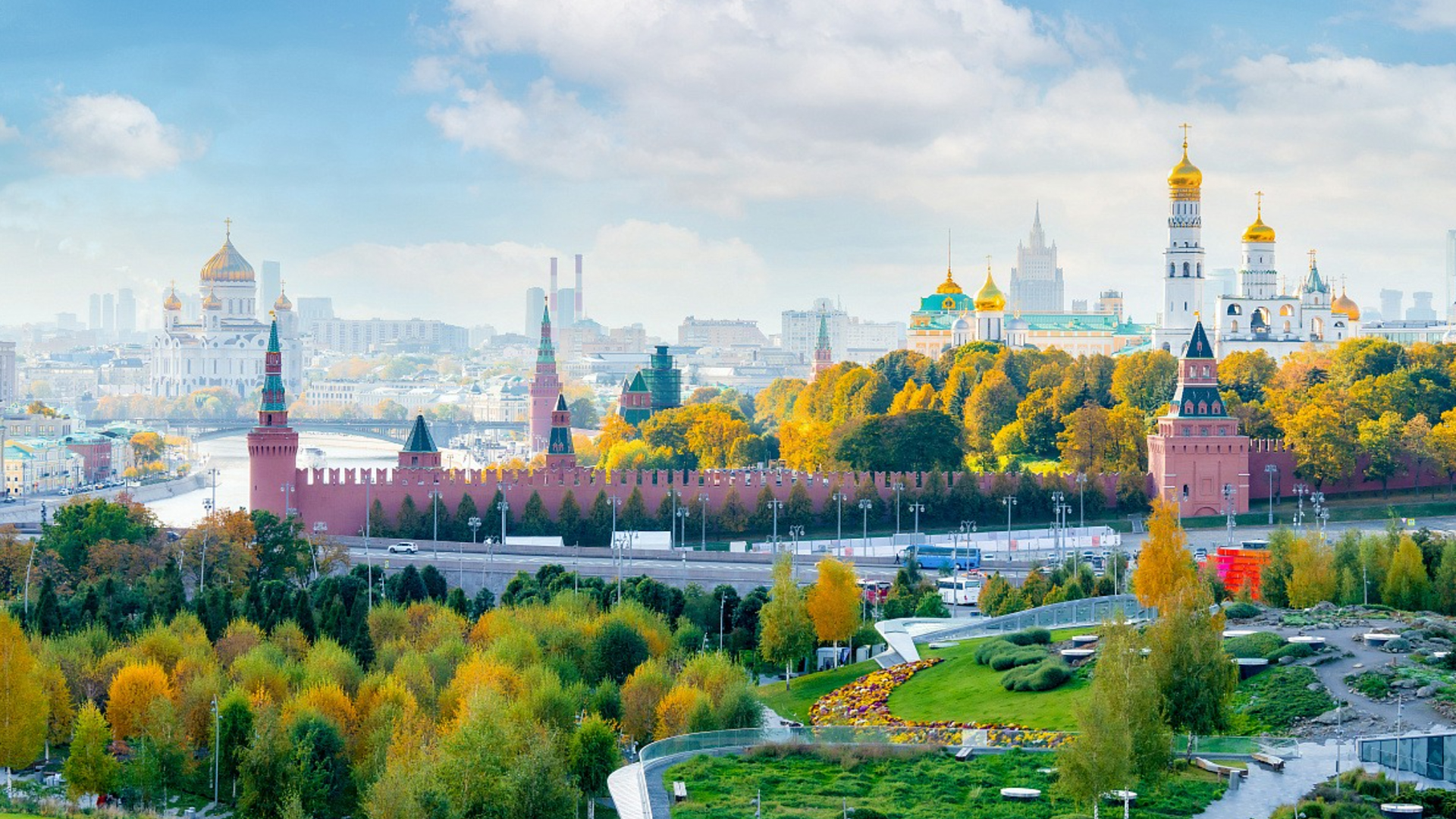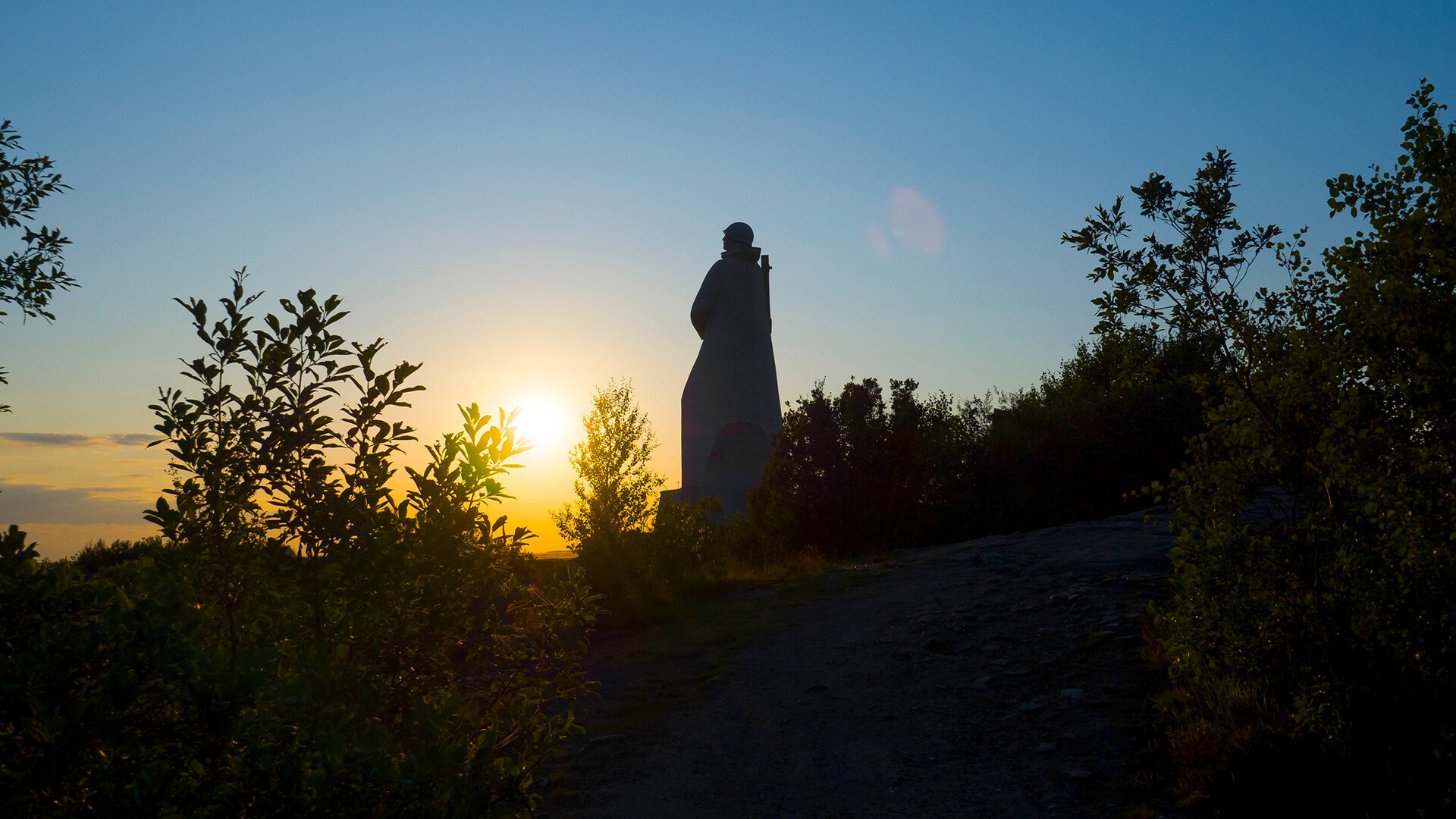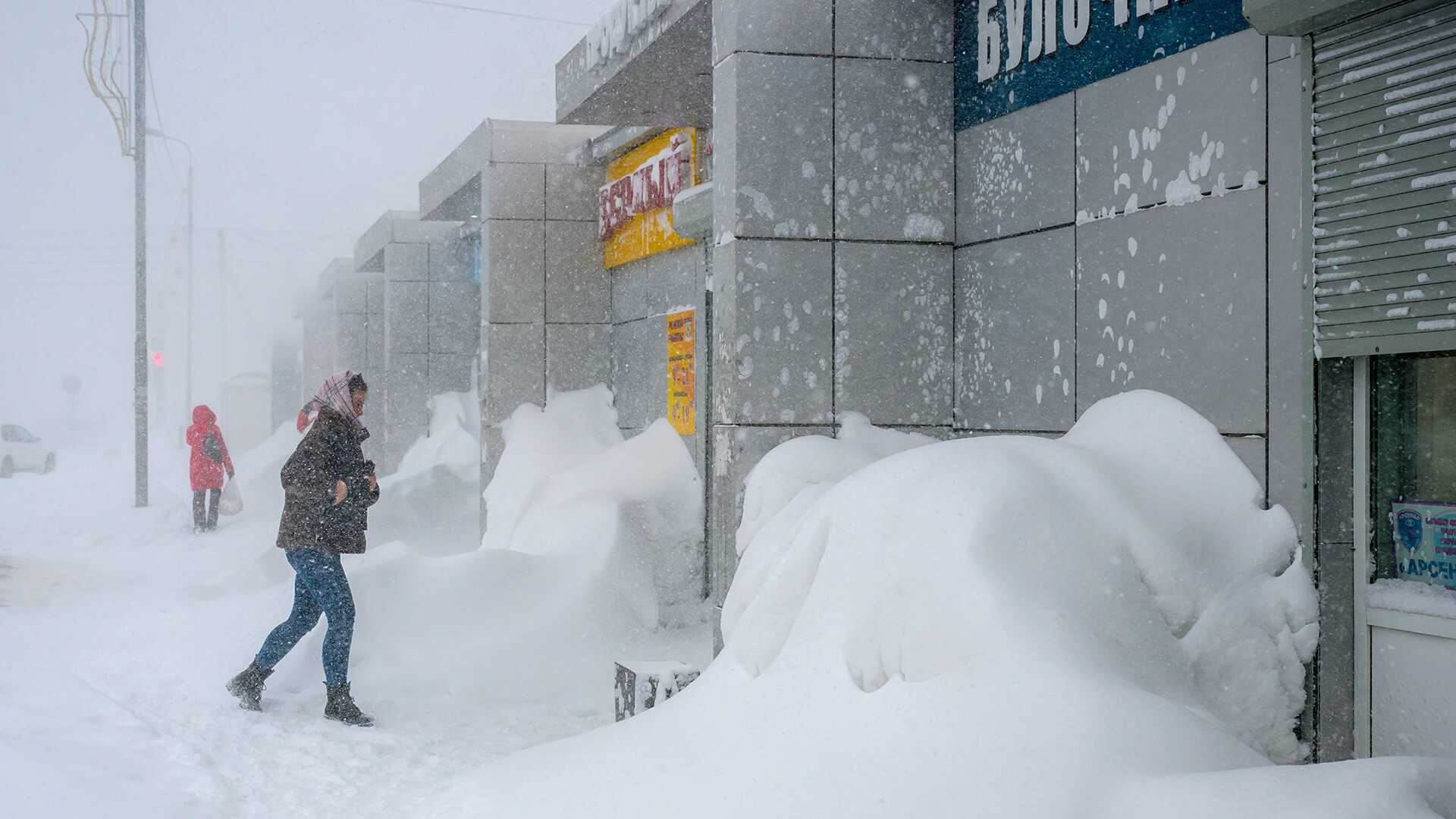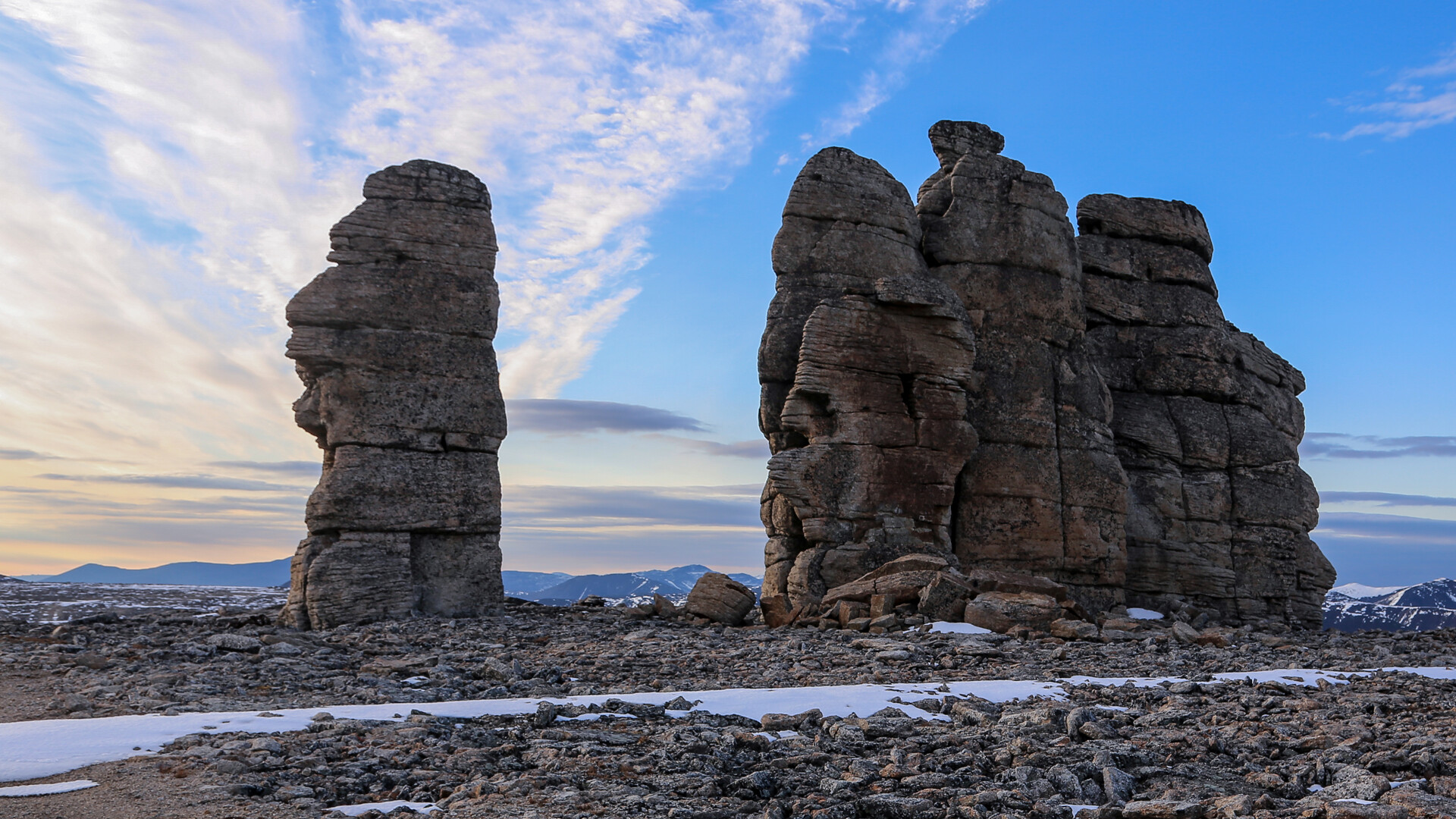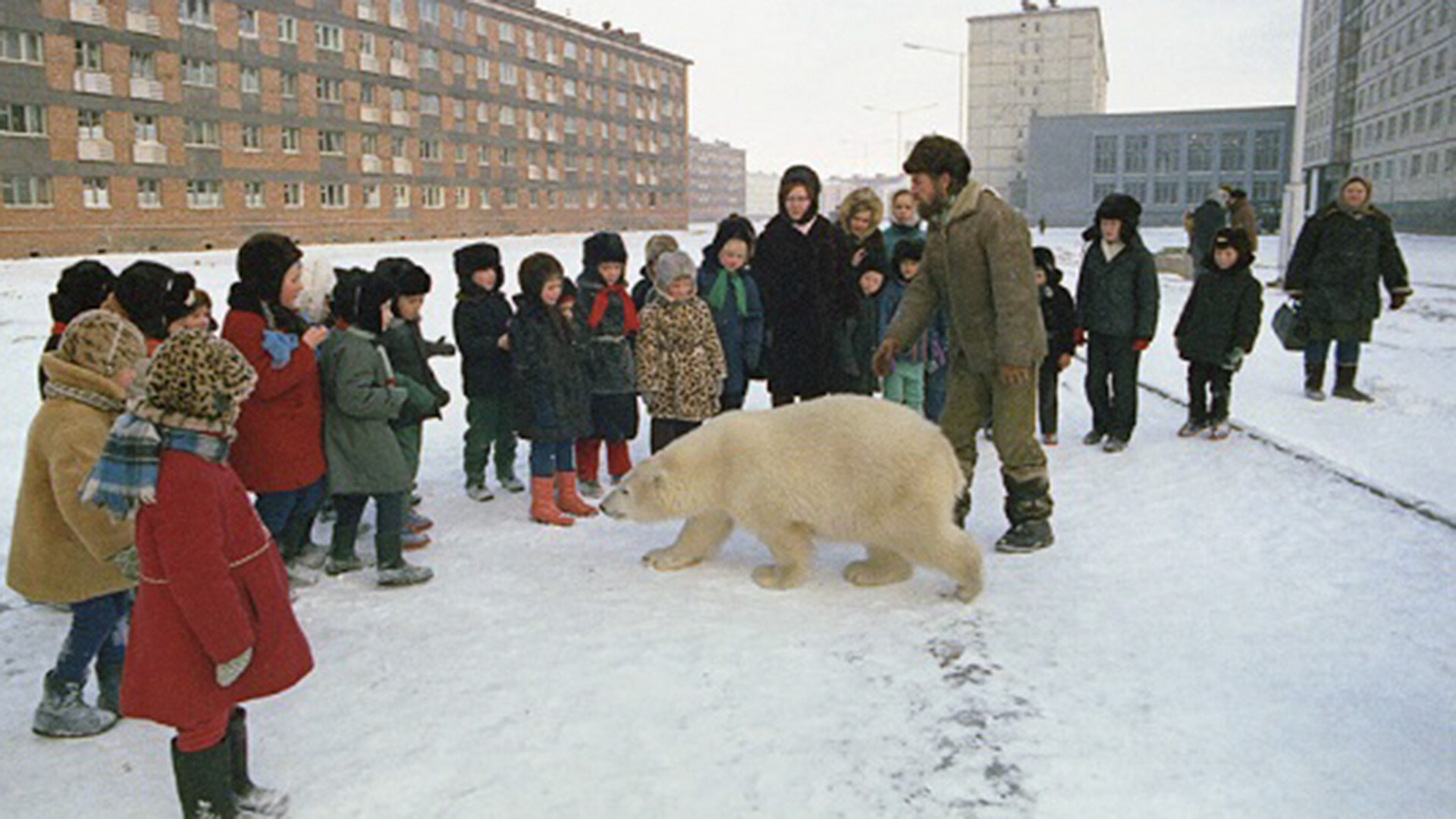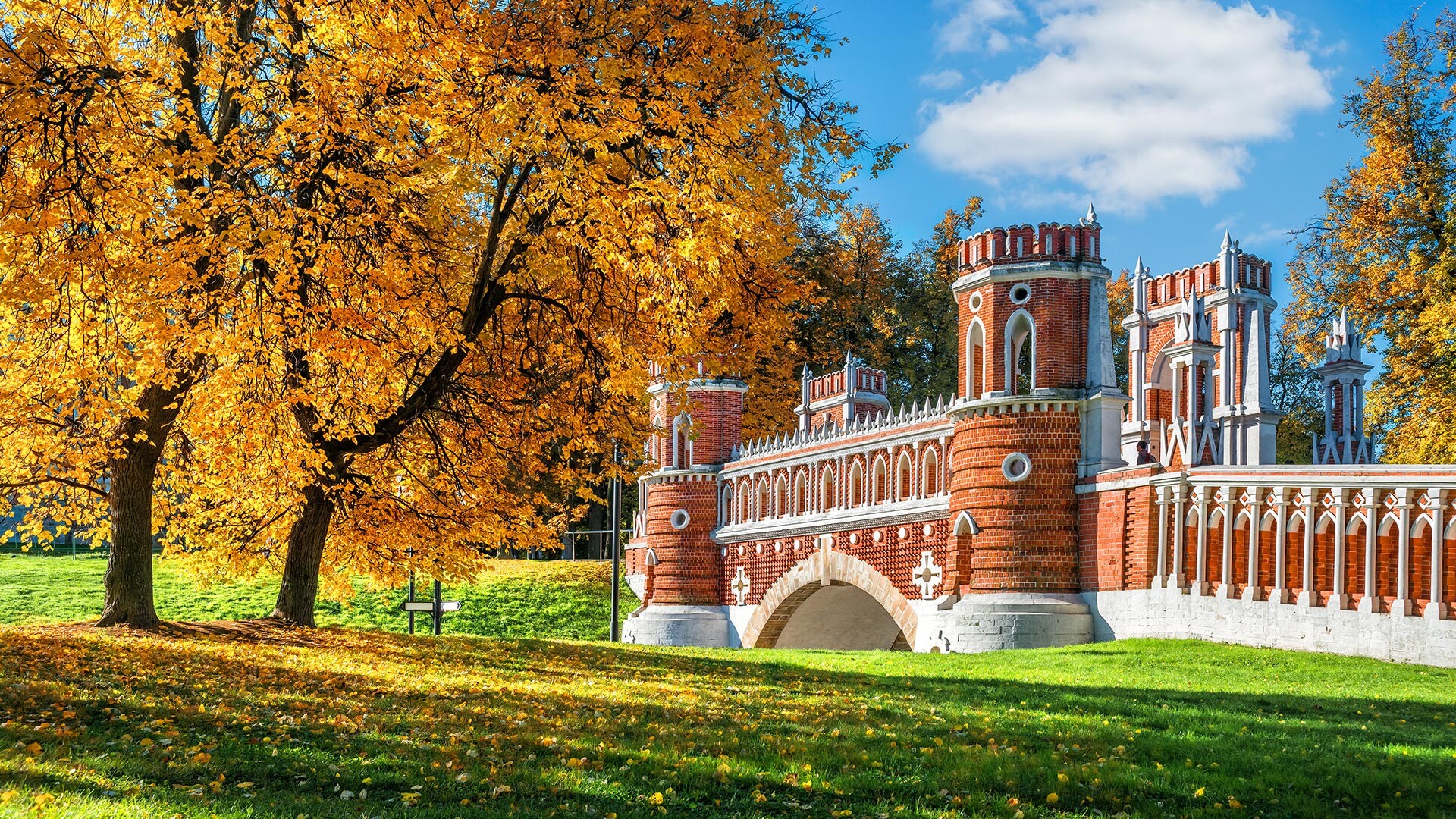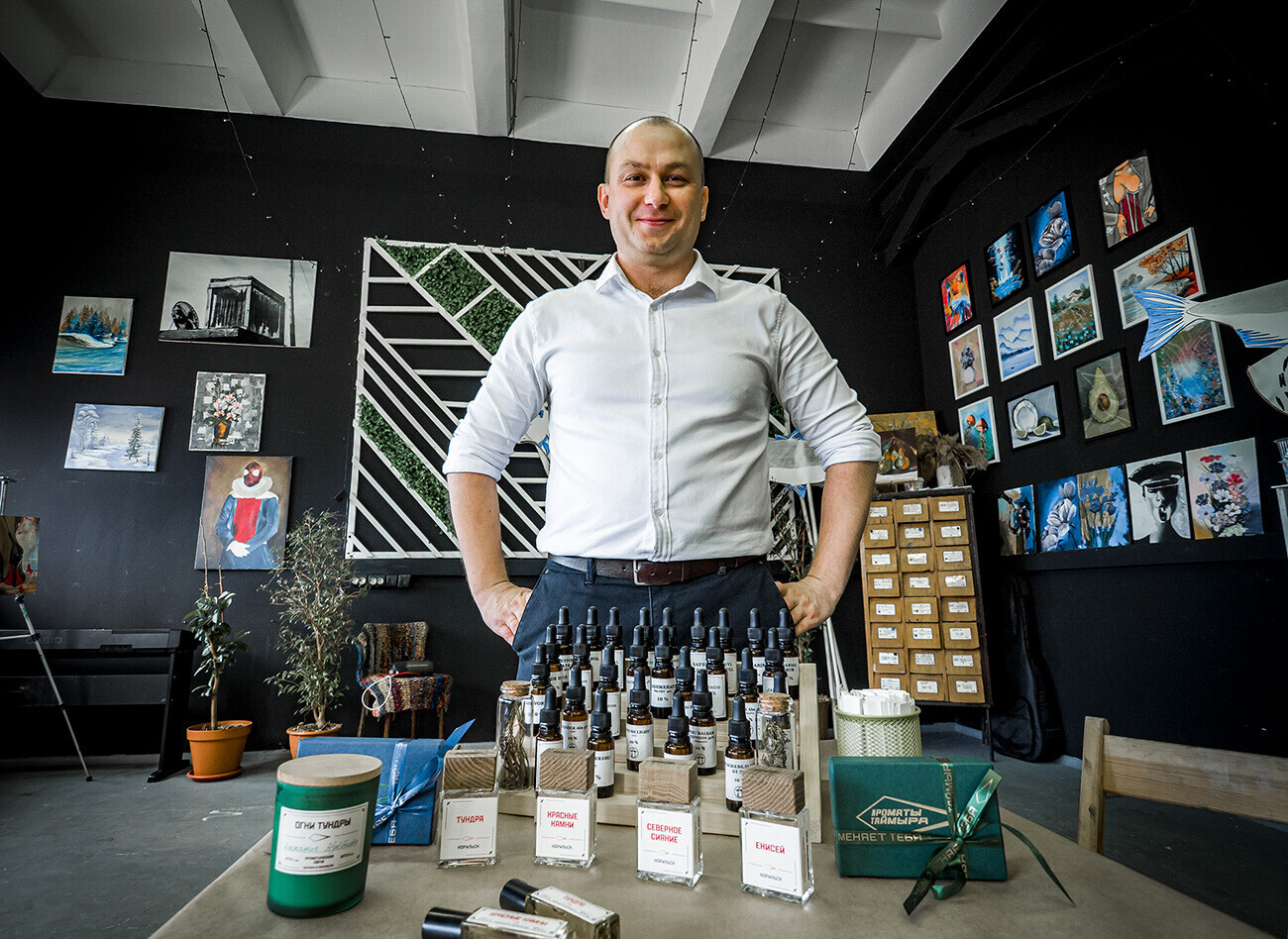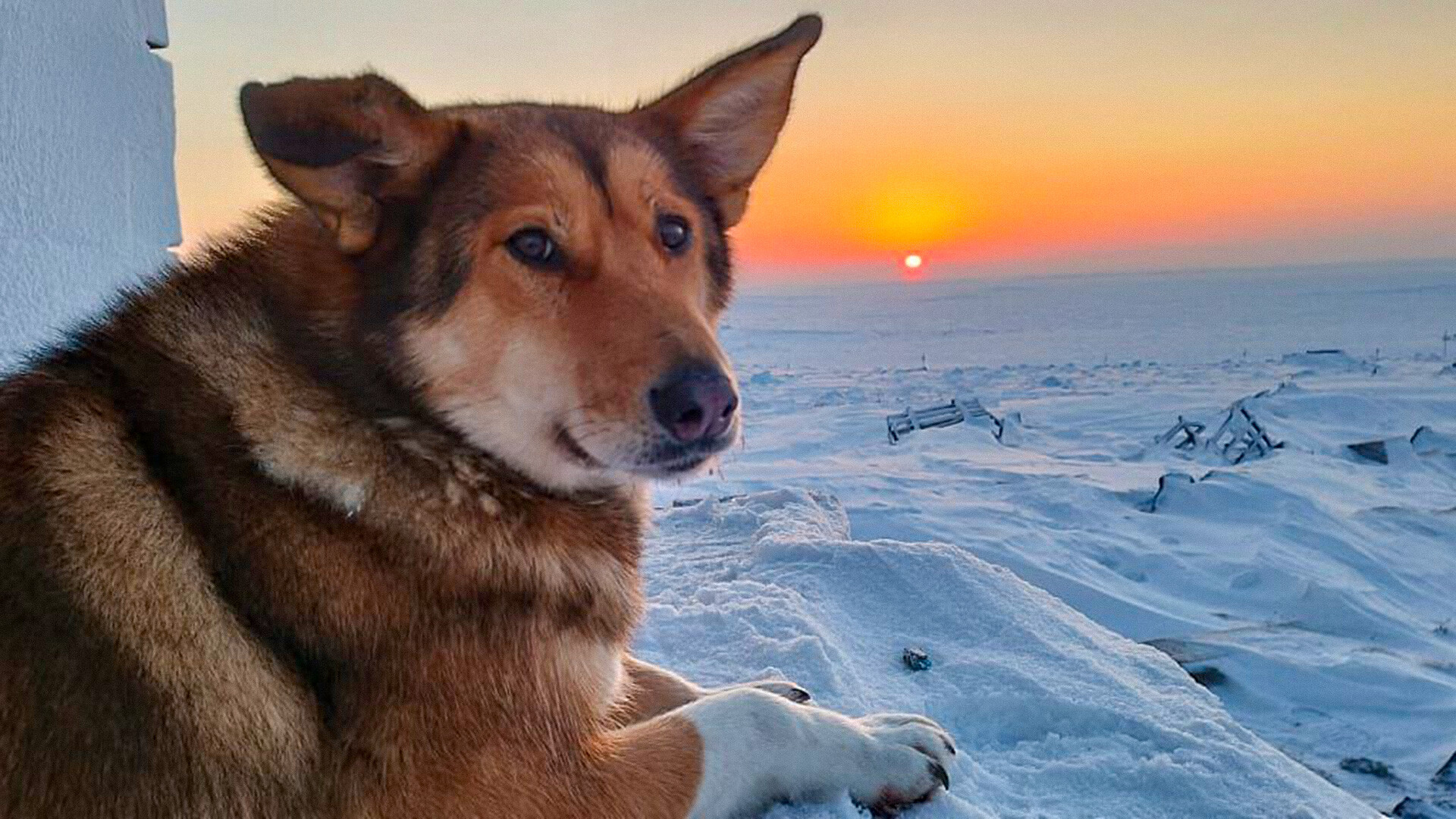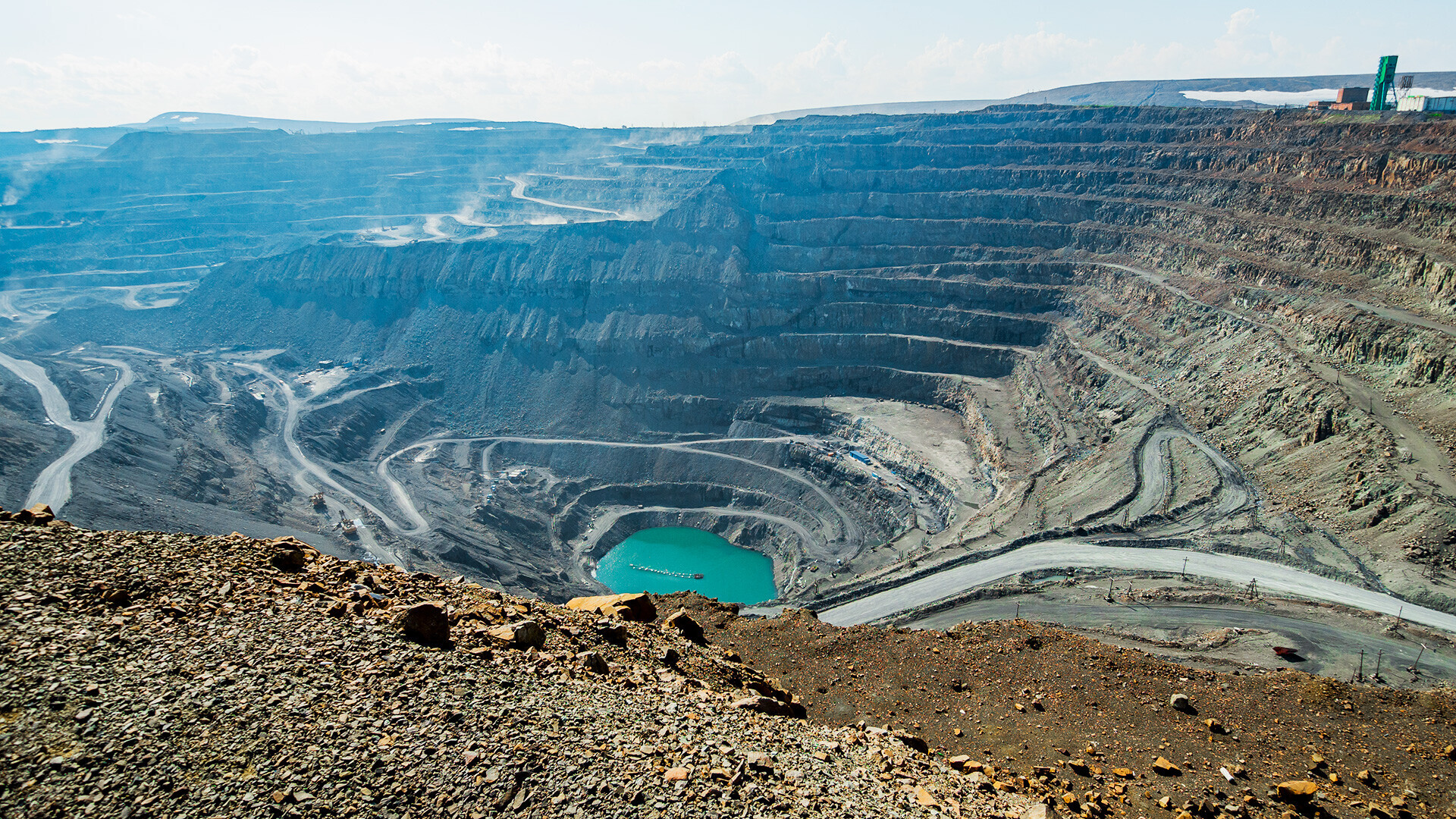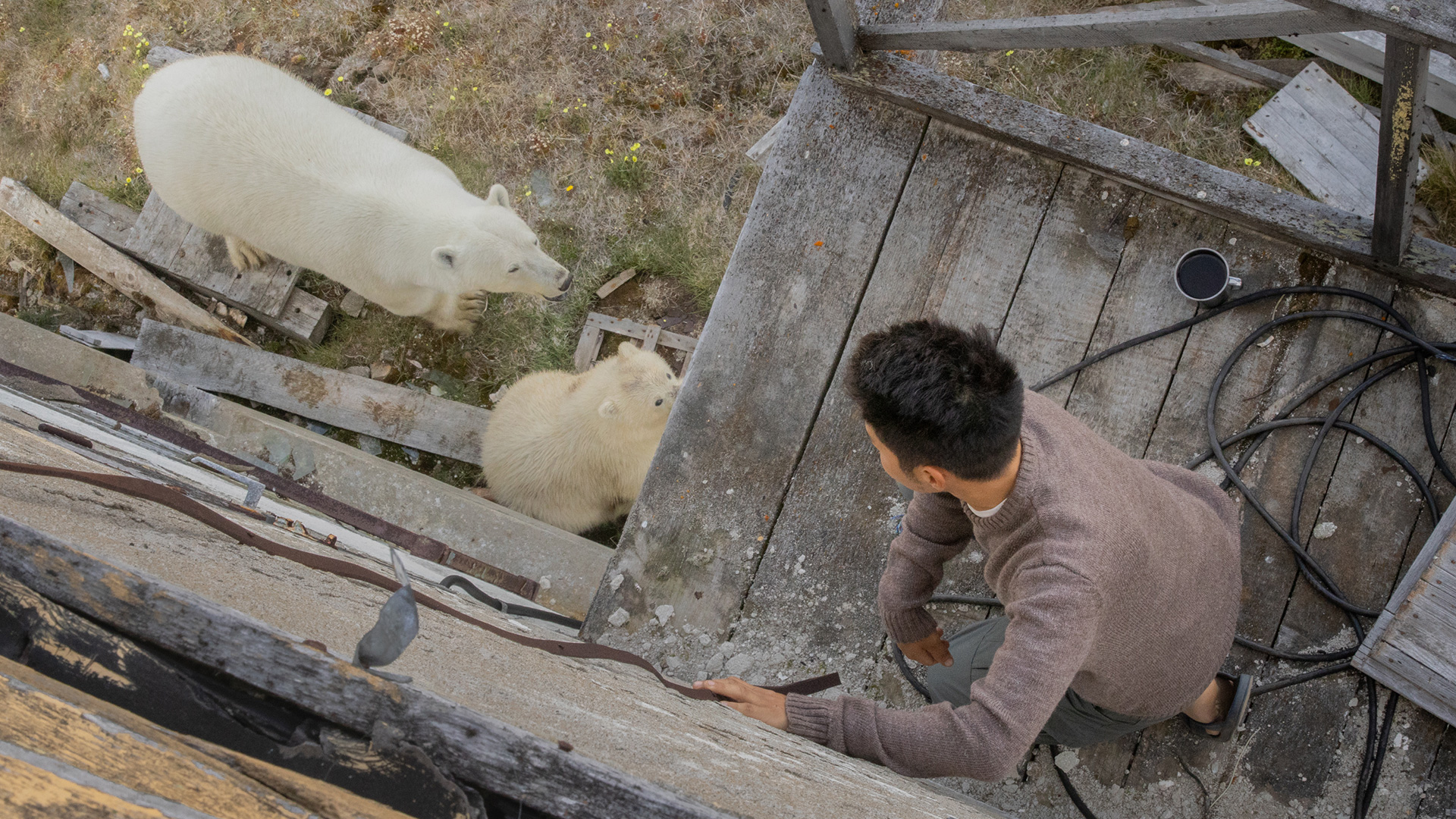
What the Arctic tundra looks like in bloom (PHOTOS)
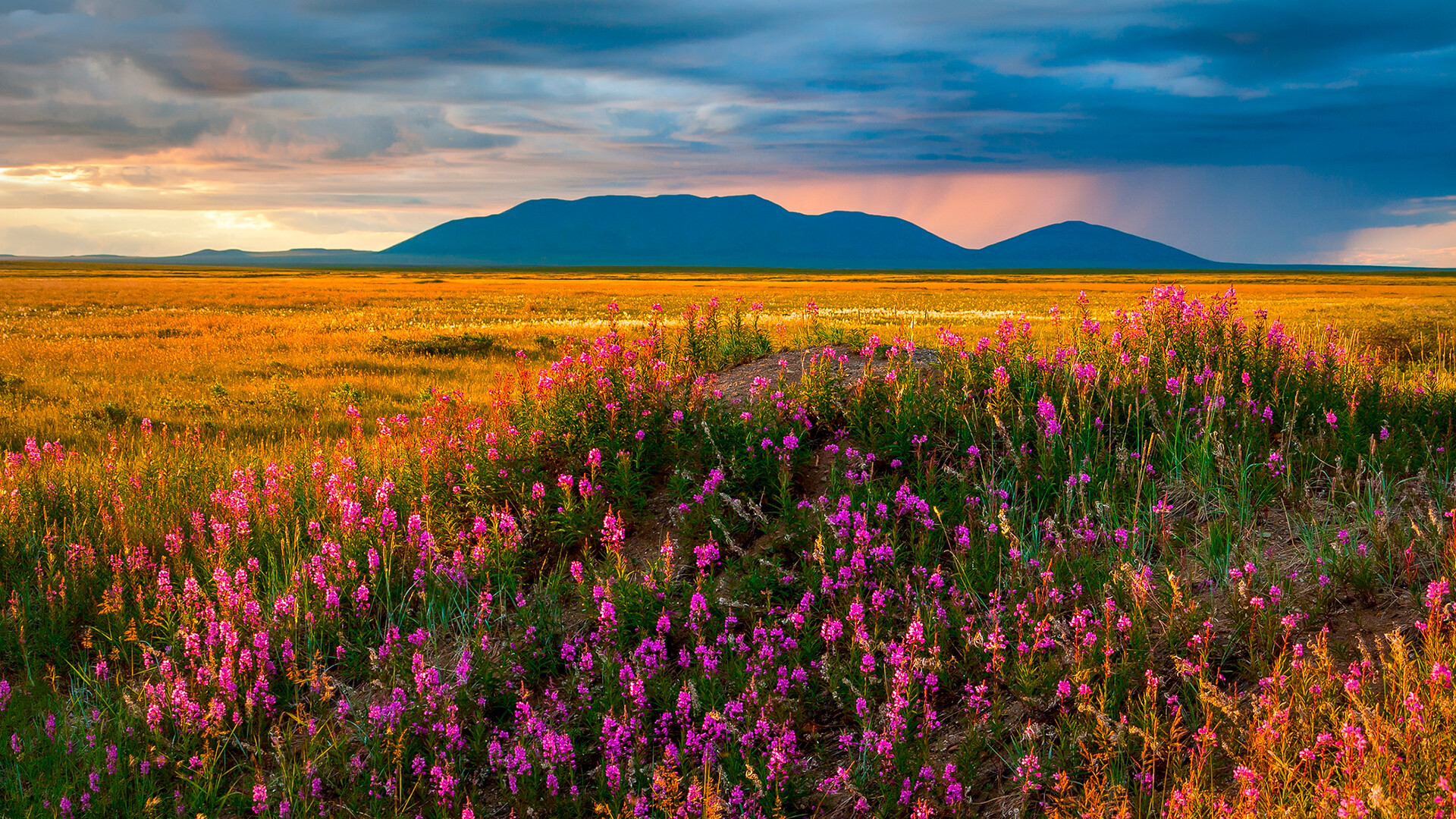
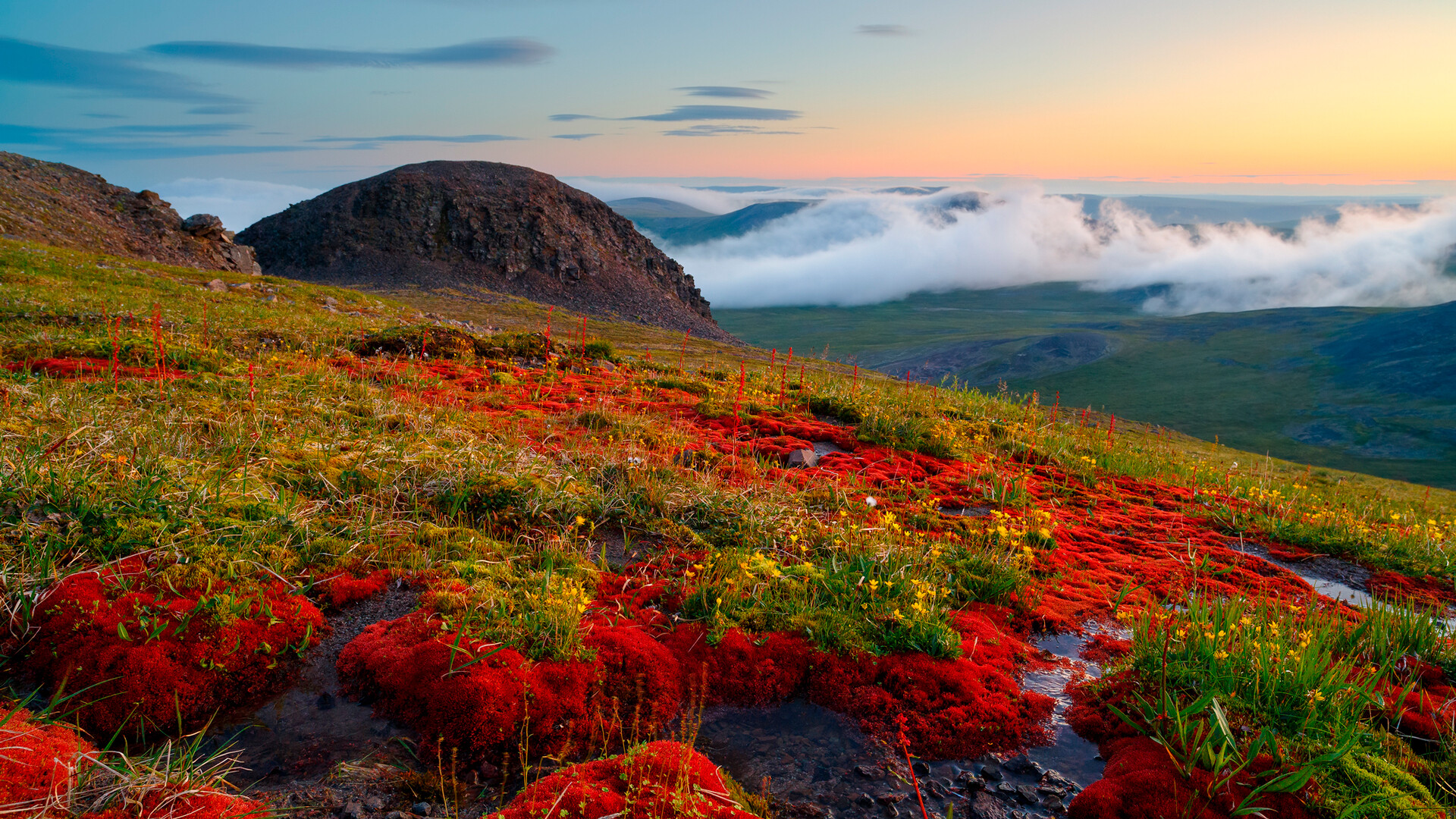 Summer Arctic landscape.
Summer Arctic landscape.
Beyond the Arctic Circle, summer arrives late, but suddenly and uncompromisingly. It seems that only yesterday, people were making snowmen with the children, but, today, they are already getting out the sunscreen and enjoying the polar day, during which it stays light almost round the clock.
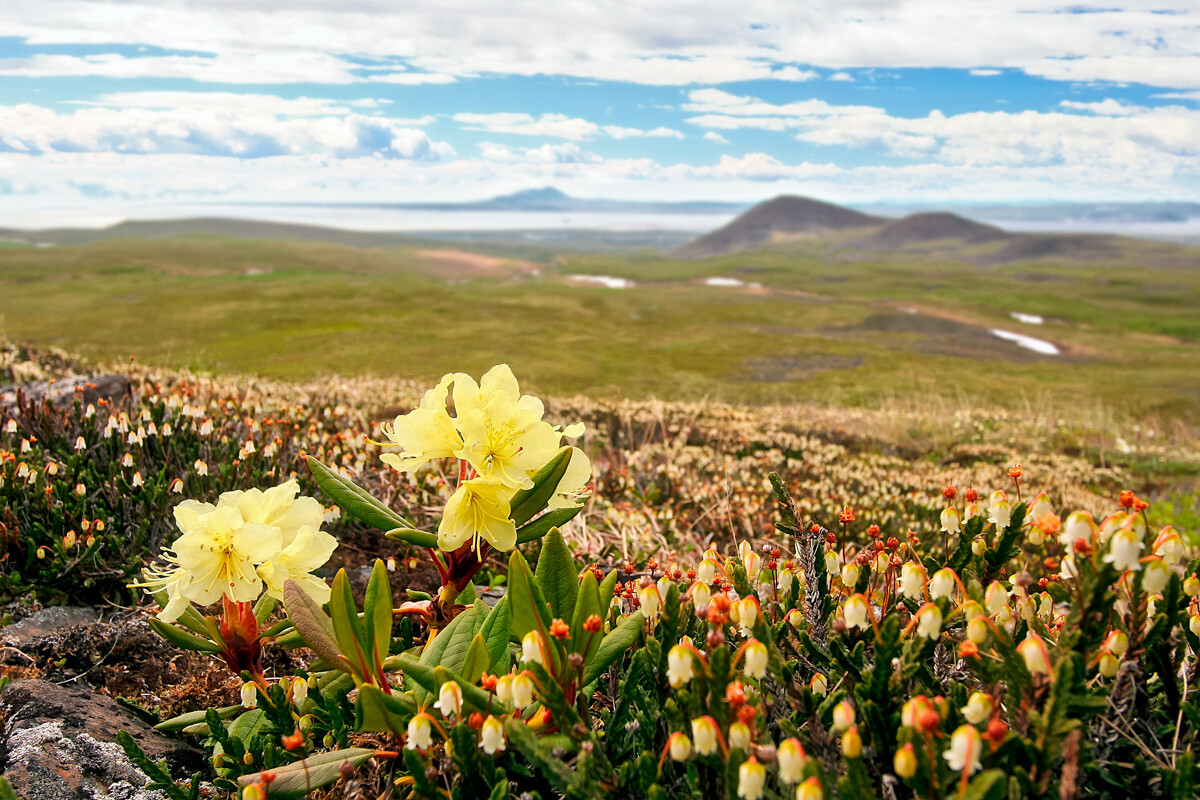 View from the mountain, Chukotka.
View from the mountain, Chukotka.
What blooms in the tundra?
One of the most beautiful features of the Arctic summer is the tundra in bloom, when incredibly vivid plants appear from under the melted snow. The flowering season begins around mid-June (the further north you go, the later it is).
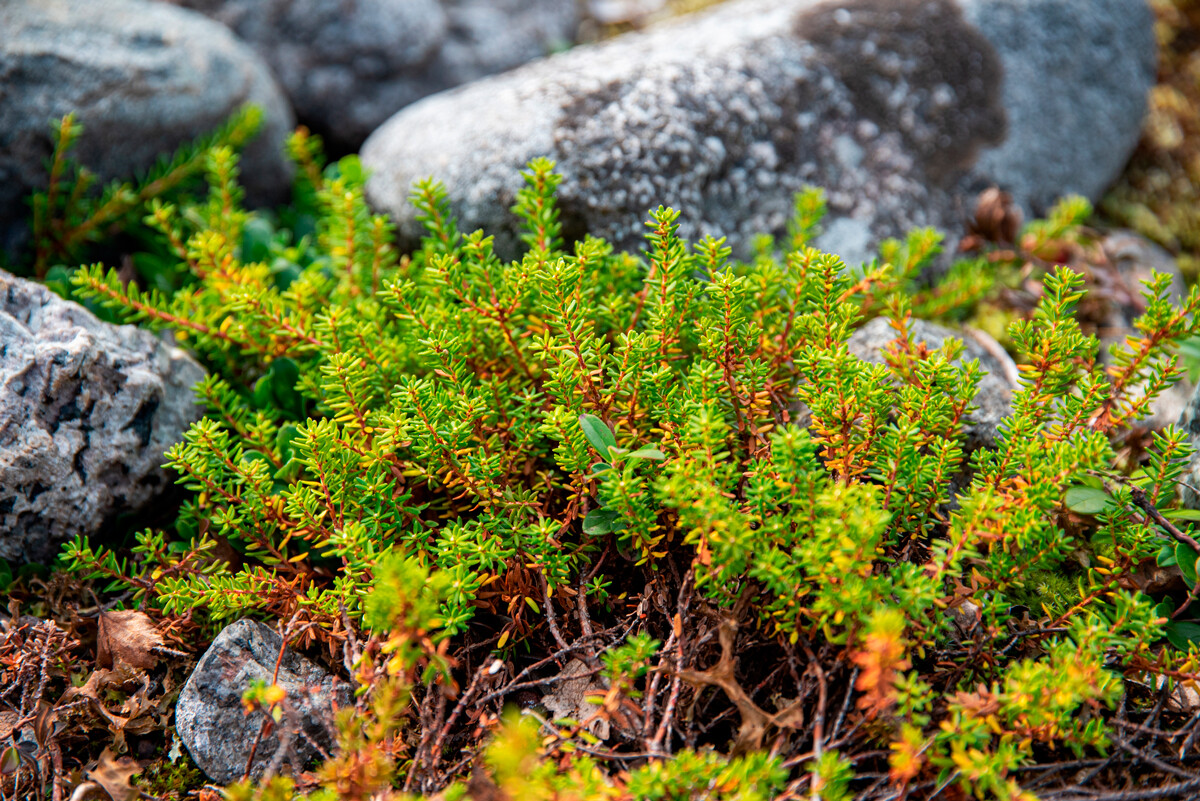 Green shrub empetrum on a large stone in summer on the Kola peninsula in the tundra. Murmansk Region.
Green shrub empetrum on a large stone in summer on the Kola peninsula in the tundra. Murmansk Region.
At first, the entire tundra is transformed from a white snow-covered infinitude into a green carpet of soft moss. In a matter of days flowers appear on it, poking up among the cold gray rocks. Everywhere you look life is burgeoning.
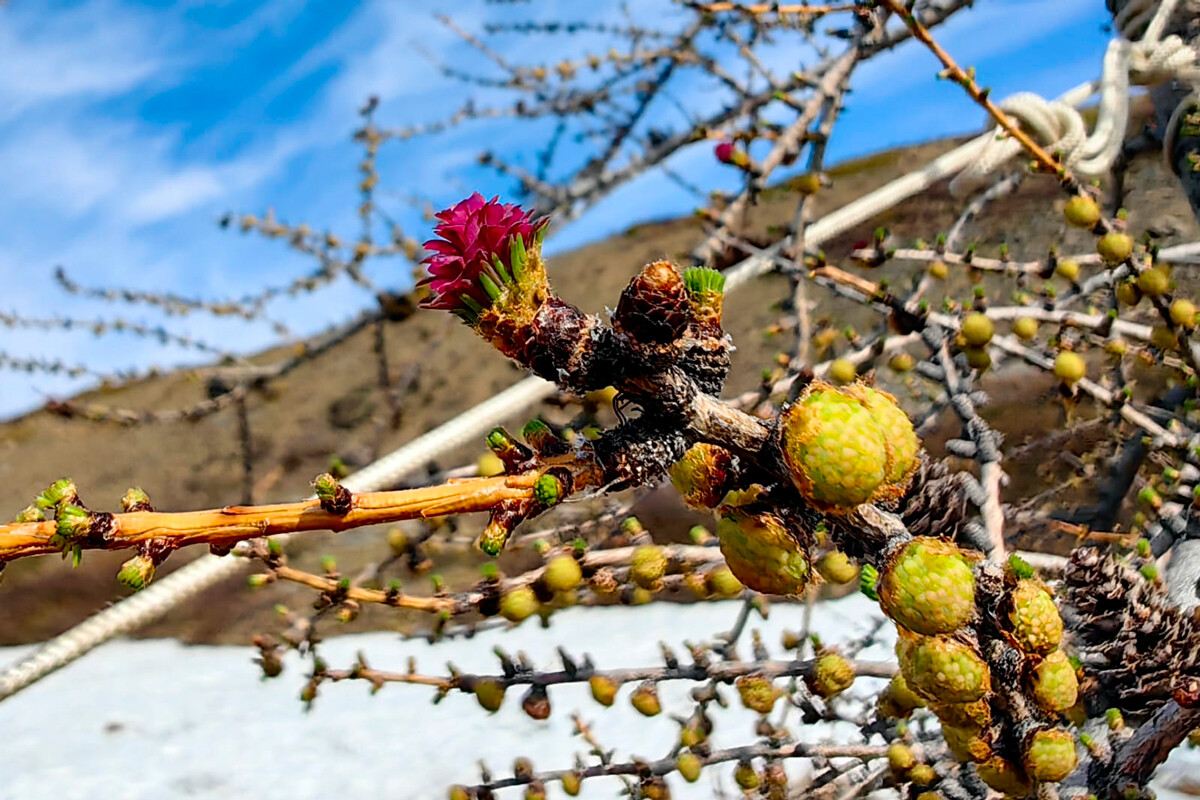 A larch tree on the Taymyr,
A larch tree on the Taymyr,
The needles of the larch trees begin to turn green and whole glades of violets and pink and yellow rhododendron flowers come into bloom. In Arctic latitudes, they are as commonplace as snowdrops in the forests outside Moscow.
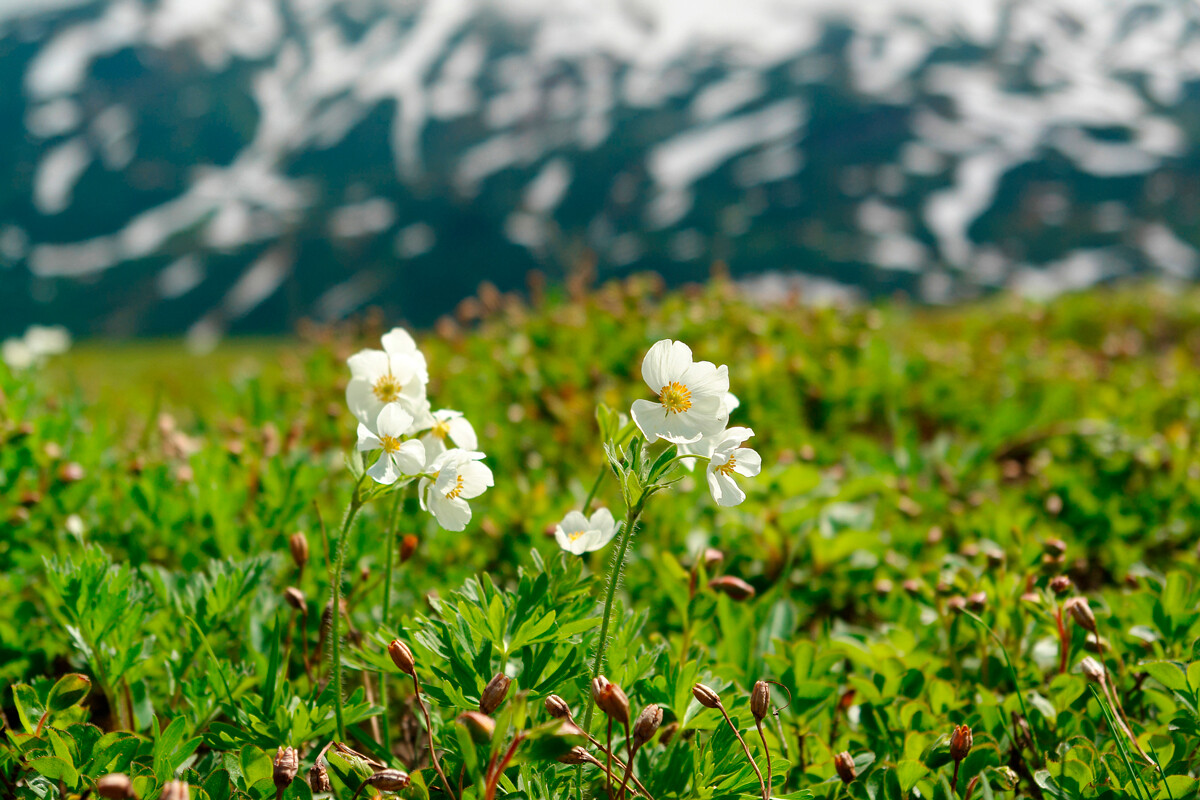 White flowers of Anemonastrum sibiricum. Kamchatka Peninsula.
White flowers of Anemonastrum sibiricum. Kamchatka Peninsula.
The polar plant known as ‘rock jasmine’ (Androsace) is similar in appearance to daisies, while the species Anemonastrum sibiricum resembles the garden daffodil.
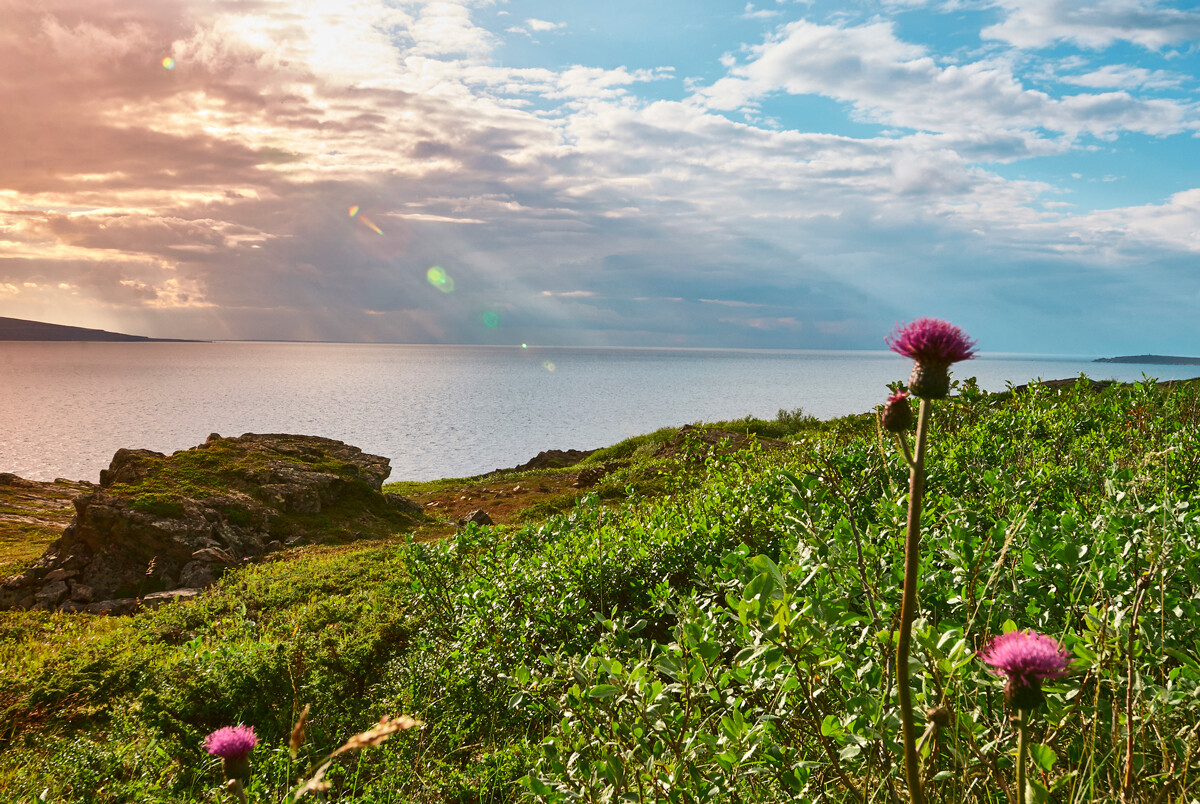 Northern polar summer in the tundra. Coast of the Arctic Ocean.
Northern polar summer in the tundra. Coast of the Arctic Ocean.
The stems of primulas (plants with small violet flower buds) often appear to be “shaggy”. Nature has devised a “coat” to protect them from the cold (because, the summer heat frequently alternates with a ground frost at night).
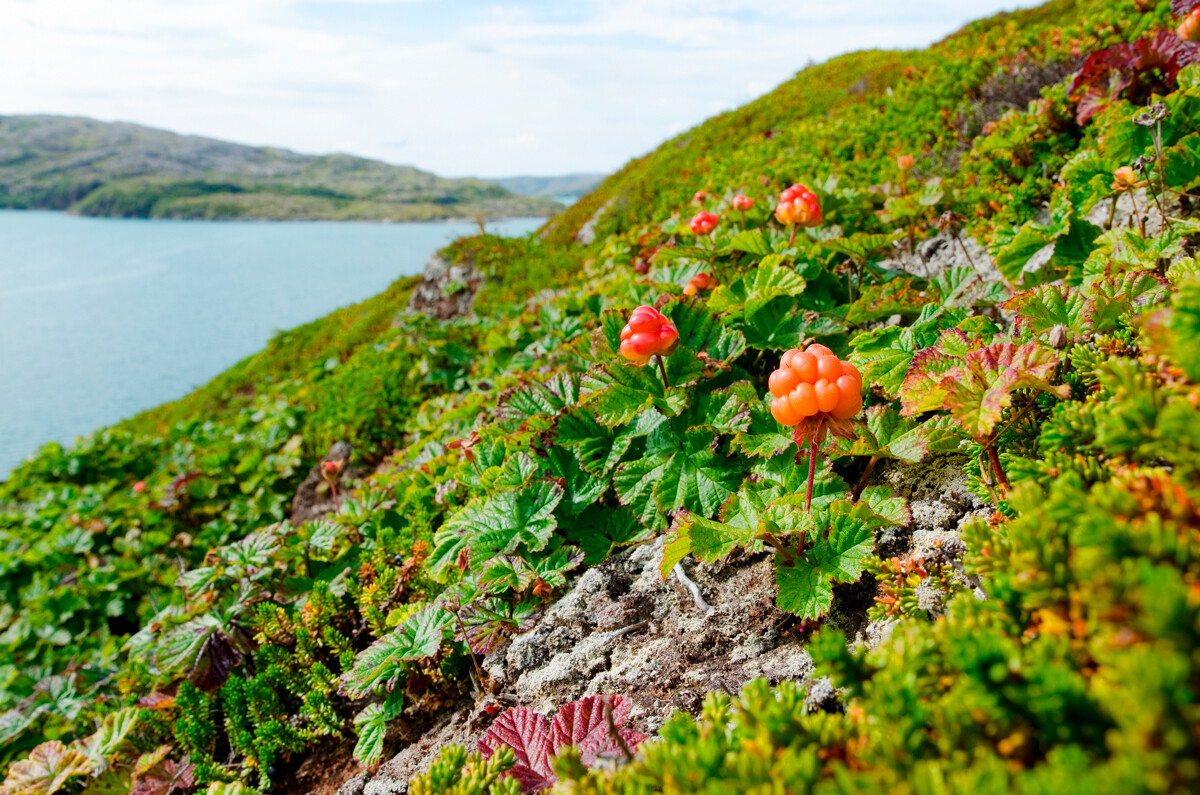 Cloudberries on the shores of the Barents Sea.
Cloudberries on the shores of the Barents Sea.
It is not just flowers that bring color to the tundra, but also summer berries. Northern bilberries, cloudberries, cranberries and lingonberries are all gathered in the Arctic in summer.
Romantics and daisies
Although the tundra might always appear to be a tundra, the plants that grow in it are a little different in each region of Russia. In the Polar Urals, you can see the rare blooms of the Siberian globeflower, also known as the Siberian rose. Its flower buds really do resemble roses and its color is a fiery orange.
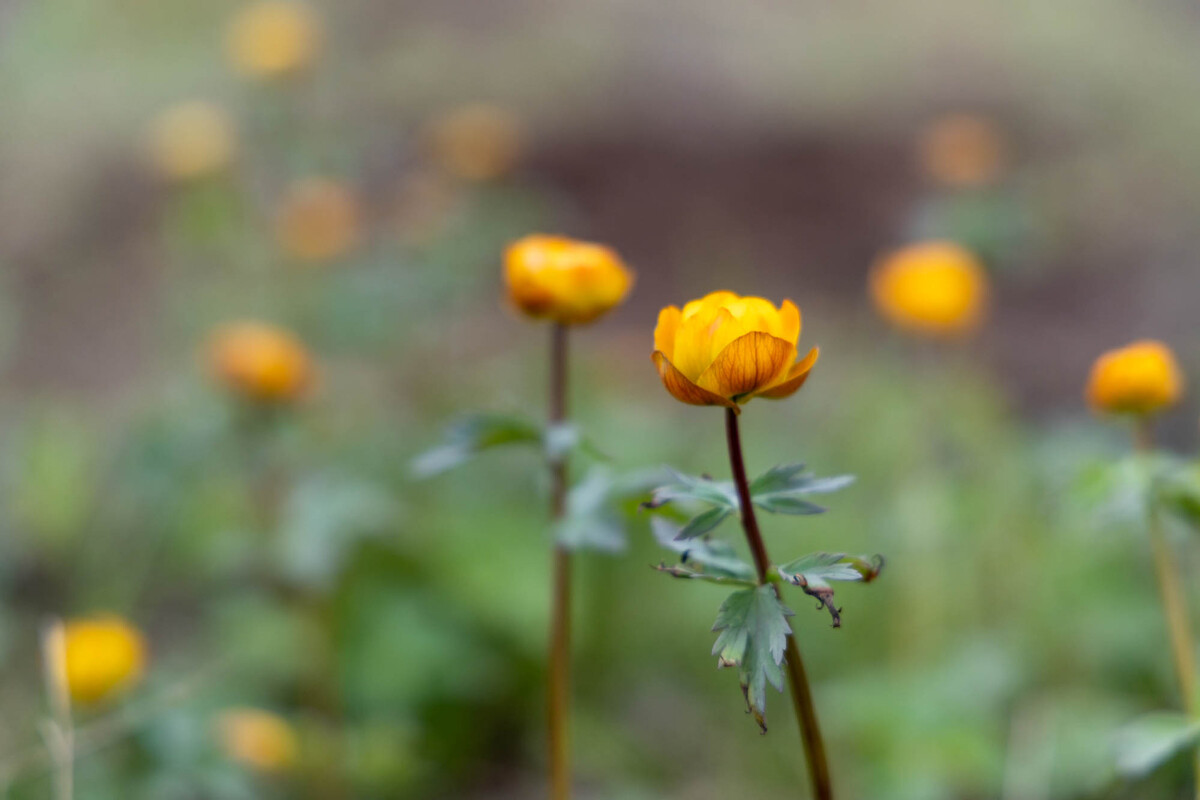 Trollius, or Siberian roses, Taymyr.
Trollius, or Siberian roses, Taymyr.
Chukotka has around 400 species of mosses and lichens. You can also frequently encounter clumps of willowherb. People infuse it like tea (and, in fact, it is known as ‘Ivan-Chai’, or ‘Ivan Tea’).
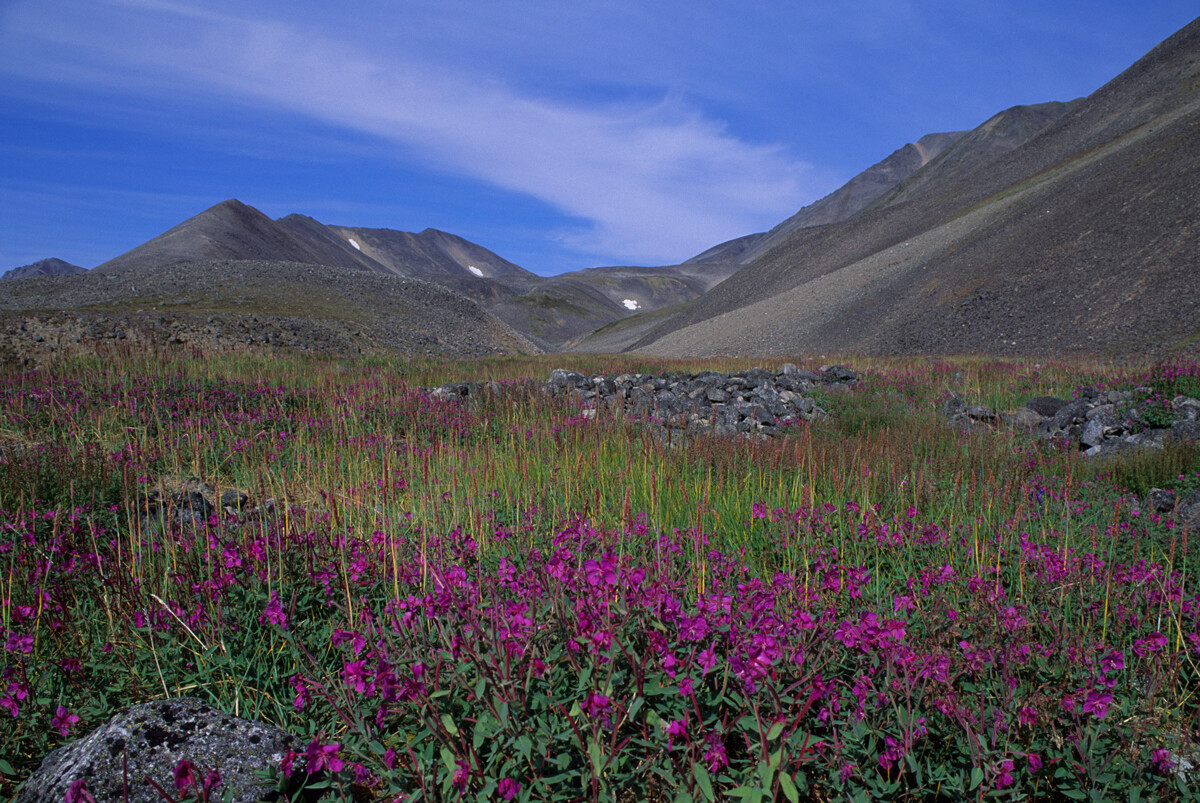 Chukotka tundra landscape with dwarf fireweed.
Chukotka tundra landscape with dwarf fireweed.
And on the shores of the East Siberian Sea, adjacent to the Arctic Ocean, nature performs downright miracles. Common-or-garden daisies set the tone. Russia’s northernmost town, Pevek (69°42’), is even known as the “city of romantics and daisies”.
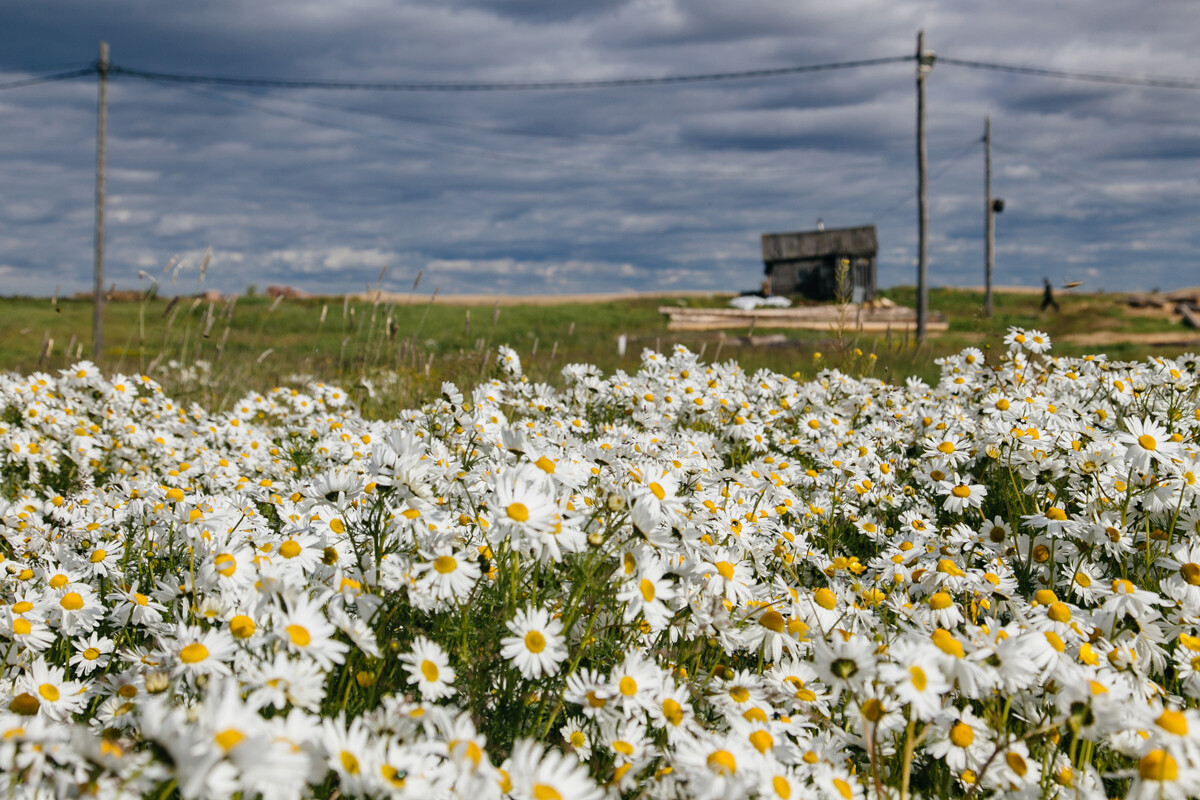 Beautiful daisies field in Ustye village, Nenets Autonomous Okrug.
Beautiful daisies field in Ustye village, Nenets Autonomous Okrug.


